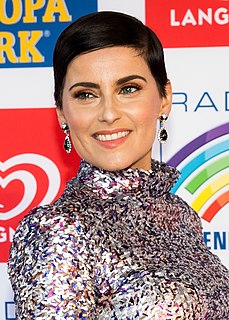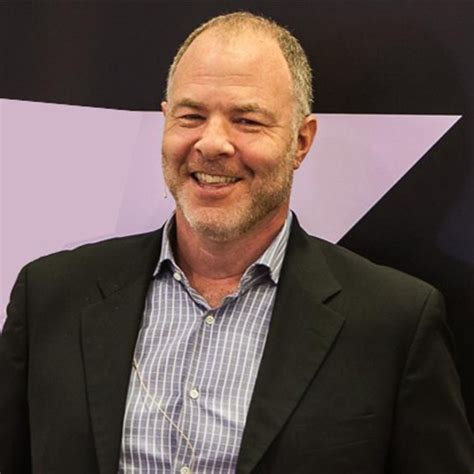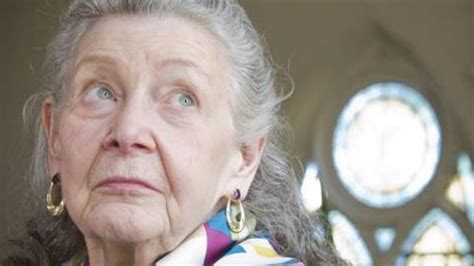A Quote by Wayne Dyer
If there's a distinction between men and women, I don't pay attention to it. Honestly, I don't see it. I think all of us are part feminine and part masculine.
Quote Topics
Related Quotes
If there's a distinction between men and women, I don't pay attention to it. Honestly, I don't see it. I think all of us are part feminine and part masculine. I'm sure sociologists can come up with distinctions about what's different between men and women, but for every example you can give about what a woman does, you can come up with an opposite example of other women who don't do that. Those are more artificial distinctions, I think.
I'm interested in dismantling the distinction between masculine and feminine writing both because I think it's a false distinction and, I think, ultimately an insulting one. It's as insulting to men as it is to women. I'm not sure what masculine writing would look like - I assume some combination of Ernest Hemingway and Raymond Carver. Writing can't be gendered in that way.
I think that it is true that for me as I observe it, that the Western World tends to be more of , tends to encompass more of, the masculine energy of the planet itself, the planet's population. Whereas the Eastern part of the world tends to encompass more of the planet's population's feminine aspects. And for those reasons the East and the West tend to approach God very much as men and women do. So the differences between East and West are the differences between men and women, largely.
No [I'm not a feminist] because I love men, and I think the idea of 'raise women to power, take the men away from the power' is never going to work out because you need balance. With myself, I'm very in touch with my masculine side. And I'm 50 percent feminine and 50 percent masculine, same as I think a lot of us are. And I think that is important to note. And also I think that if men went down and women rose to power, that wouldn't work either. We have to have a fine balance.
I think it's really important to champion stories from trans women and trans women of color. That demographic has gone unheard and unsupported for so long, and it's really the community that's struck the hardest by a lot of issues. I try to do a lot of work to champion trans feminine issues and stories, but that said, I do have a personal and deep investment in seeing trans masculine stories reflected in culture. It is a little disappointing to me that trans men and trans masculine people have not really been part of this media movement that we're experiencing right now.
Creativity is basically a feminine process. I'm convinced that we have in our soul, everybody, this masculine side and this feminine side. So at the end of the day, you always use this feminine creative energy to write or to do any type of art or creativity. So if I see that my protagonist is feminine, it's not more difficult, no. And even when my protagonist is masculine, I'm writing from using this feminine energy.
Soul, to me, means “embodied essence,” when we experience ourselves and others in our full humanity - part animal, part divine. Healing comes through embodiment of the soul. The soul in matter is what I think the feminine side of God is all about... The feminine soul is what grounds us; it loves and accepts us in our totality.
I don't really think of my narrator in terms of gender. I think of them much more in basic emotional terms. As an author, you either love yer peeps or you don't. There's no such thing as a "masculine voice" or a "feminine voice". Men and women think and speak and act in, like, a zillion different ways. Also, as a gross generalization: women tend to live closer to their feelings than men.





































